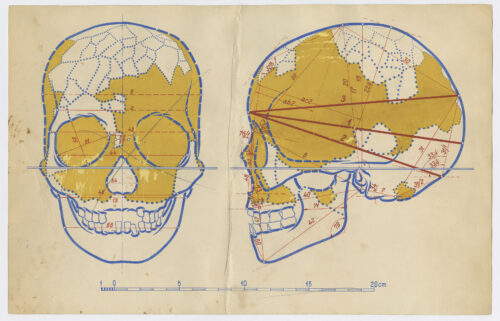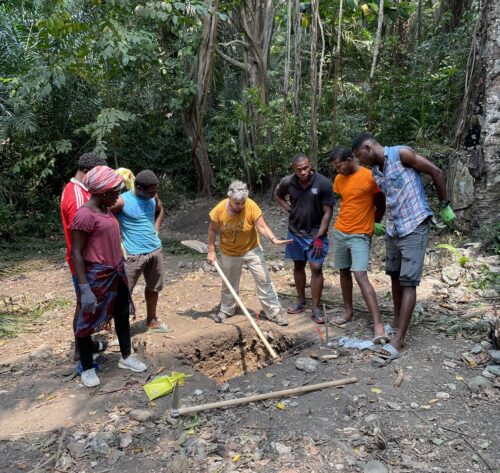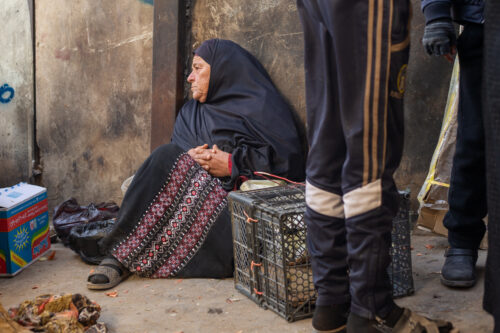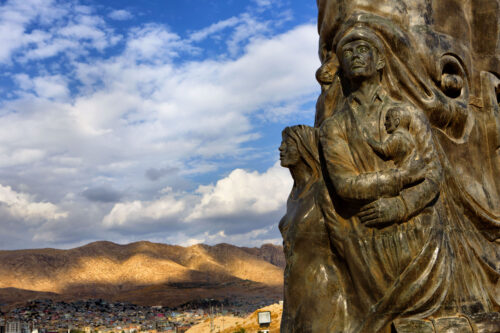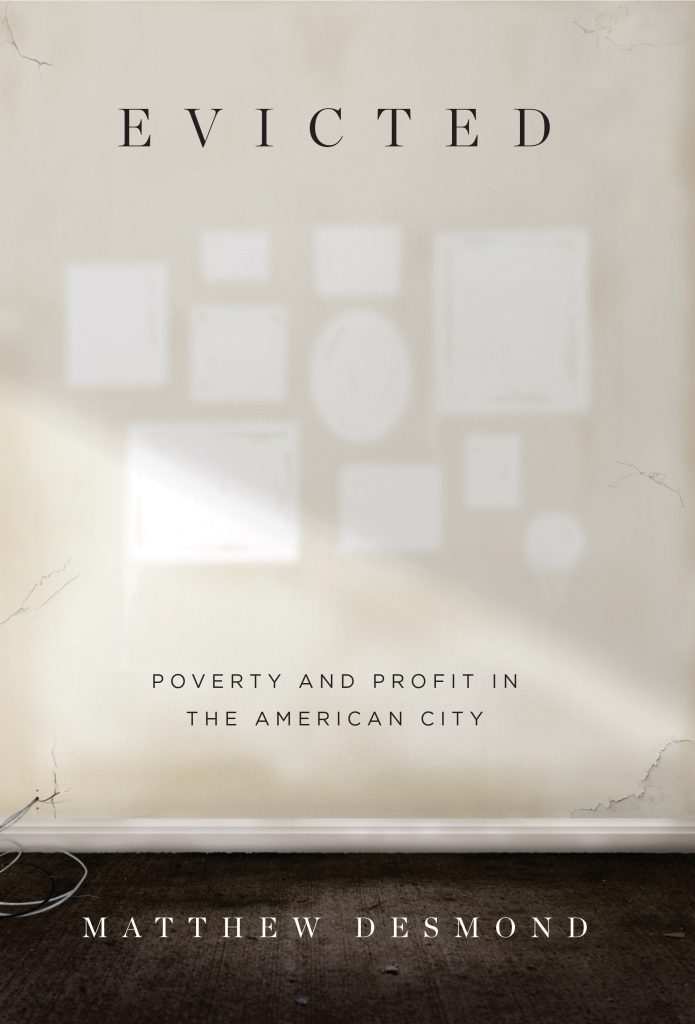Out! “Curb” or “Truck”?
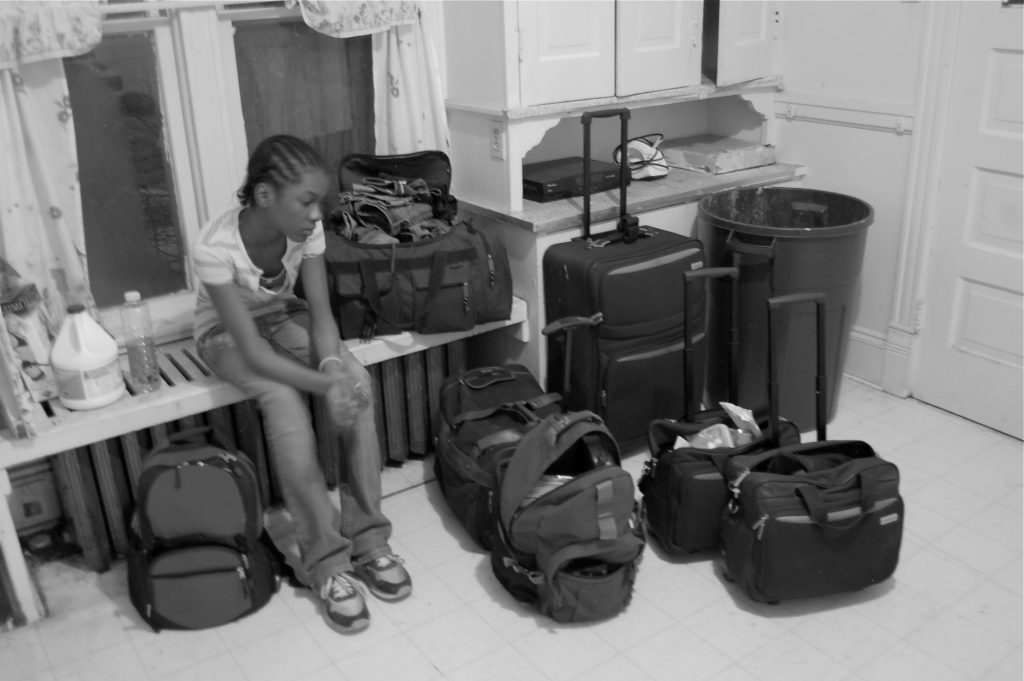
Evicted: Poverty and Profit in the American City by Matthew Desmond. Crown Publishers, March 2016.
On the cool September day that Arleen Beale and her two boys moved into their new home—a $550 per month, two-bedroom duplex in “one of the worst neighborhoods in America’s fourth poorest city”—her new landlord stopped by with a gift of much-needed groceries. Sherrena Tarver, a tough businesswoman, had spent “$40 of her own money” to soften Arleen’s landing. (Names have been changed.) Rent would take 88 percent of Arleen’s monthly income, and Sherrena knew it. Those tight margins force Arleen, and many like her, into a difficult calculus of survival. After only a few months, and a few unexpected expenses, Arleen would fall $870 behind. By Christmastime, Sherrena decided to evict her.
Arleen’s family is one of eight that Harvard University sociologist Matthew Desmond follows in his new book, Evicted: Poverty and Profit in the American City, a compelling and compassionate ethnography of urban poor in Milwaukee. His focus on the process of eviction highlights a system that causes and perpetuates poverty, and shows why exchanges like Arleen and Sherrena’s make sense.
Evicted traces the lives of these families and two area landlords with whom they are “bound … together in mutual dependence and struggle.” Through what he terms a “relational ethnography,” Desmond captures the mutual interdependence of rich and poor, landlord and tenant, by focusing primarily on their points of interaction. This methodology centers on the decision-making processes surrounding eviction—landlords’ decisions whether or not to evict, and renters’ strategies for whether and how to pay the rent—and the ramifications of these on all parties involved. Desmond breaks apart conventional, static views of “identity” and “culture” by outlining systems in which people with divergent motives are forced to engage. He does not depict tenants and landlords as two different “cultures” with conflicting values but as a collection of interdependent individuals, surviving on the fringes of the property market, with intersecting needs.
Though the methodology itself isn’t new, Desmond manages to make it feel innovative by applying it to otherwise unexplored aspects of urban poverty. One standout example is his flash focus on the surprising influence of background checks on the coalescence of poverty, drugs, and criminality in particular neighborhoods. Screening services are a multimillion-dollar industry, providing landlords with information about potential tenants—credit, past evictions, criminal charges, and more. From these quantified histories, depersonalized records of lives lived in poverty, landlords decide whom to rent to and whom to send elsewhere, relegating the bearers of rejected applications to apartment blocks and trailer parks that no one else would choose to live in:
From thousands of yes/no decisions emerged a geography of advantage and disadvantage that characterized the modern American city: Good schools and failing ones, safe streets and dangerous ones. Landlords were major players in distributing the spoils. They decided who got to live where. And their screening practices (or lack thereof) revealed why crime and gang activity or an area’s civic engagement and its spirit of neighborliness could vary drastically from one block to the next. They also helped explain why on the same block in the same low-income neighborhood, one apartment complex but not another became familiar to the police.
Desmond’s effort to clearly connect neighborhood blight with the techniques of selection and eviction presents an unusual and surprising approach to the study of urban poverty. What results from this focus on economic transactions and social interactions is a nuanced look at the causes and effects of poverty in the United States. Rather than rehashing alienating narratives that present the urban poor as “quarantined” in an “other America,” or blaming their failure to thrive on their own faulty choices, Desmond highlights the intersections that call into relief both the forces that perpetuate impoverishment and the possible avenues for reform.
Evicted is not only descriptive, it is also prescriptive. Without passing judgment on either the renters who fall short or the landlords who evict them, Desmond brings strong moral charges against the system that sustains an affordable housing crisis in which “over 1 in 5 of all renting families in the country spends half of its income on housing.” His call for reform includes several specific proposals, such as expanding the federal housing-voucher program and establishing legal aid for housing court.
Desmond has crafted a text that foregrounds individuals, privileging the human stories of renters and landlords, homes and families, rather than the statistics that their experiences illustrate. This rich description makes for a highly readable book. But in ethnographic writing, it is important for the reader to understand the role of the ethnographer too. In Evicted, the nature of Desmond’s access and the form of his presence are conspicuously absent from most of the book. He discusses his role only in the final chapter, “About This Project,” which appears after the epilogue with all the fanfare of a methodological appendix. Likewise, the relevant facts and statistics that support his claims are somewhat hidden in the storytelling. As a result, it is hard to establish a clear picture of the broad national patterns and problems that Desmond criticizes.
Still, Desmond’s style is clear and compelling throughout. It lacks the dryness, but also the authorial voice, of a scholarly tome; it is a book—and this is not a criticism but a fair warning—that demands being read cover to cover.
Matthew Desmond’s Evicted is a moving, insightful, and deeply moral text that captures powerful, devastating scenes and draws much-needed attention to the brutal and beautiful lives at the intersection of American capitalism and poverty.


